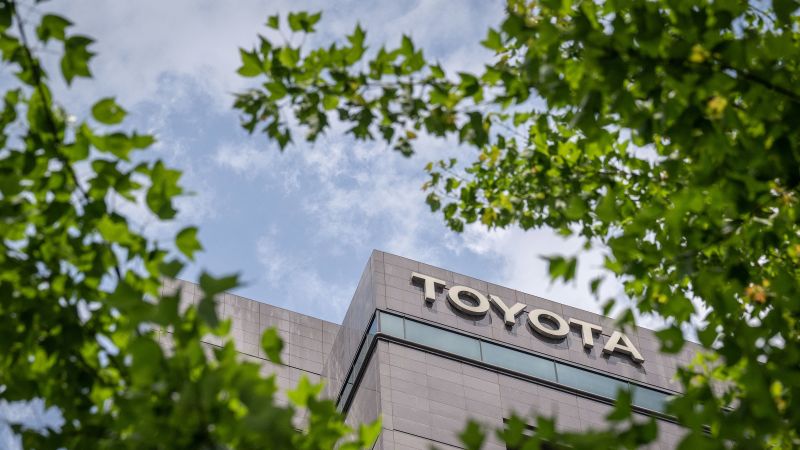Toyota Motor has been ordered by the Japanese government to make significant reforms after new violations in its vehicle certification procedures were discovered. The Transport Ministry found intentional misconduct and irregularities in seven additional models that had not been previously disclosed. In response to the corrective order, Toyota is required to make drastic changes to ensure appropriate certification operations. The automaker is currently confirming compliance with requirements for the affected models and reassured customers that they do not need to stop using the vehicles.
In July, Toyota stated that no new cases of wrongdoing had been found beyond those already reported in June. Toyota, along with four other vehicle manufacturers, admitted to submitting flawed or manipulated data when applying for certification of vehicles. The misconduct at Toyota involved three production models and discontinued versions of four other models. Toyota plans to resume production of the models that met compliance requirements starting in September.
The investigation into certification practices was initiated after a safety test scandal at Toyota’s Daihatsu compact car unit. The Transport Ministry revealed that six of the additional Toyota models with irregularities were also certified in other countries, and overseas authorities have been informed about the issues. Four of the models are still in production, including a minivan, the RAV4, Harrier, and Lexus LM. Three of the models are no longer manufactured.
The corrective order from the Japanese government highlights the seriousness of the violations in Toyota’s vehicle certification procedures. Widespread misconduct and irregularities were uncovered in additional models beyond what had been previously reported. Toyota is facing pressure to carry out significant reforms to ensure compliance with certification requirements and restore trust in its certification operations. The automaker has faced scrutiny along with other manufacturers for submitting flawed or manipulated data when applying for vehicle certification.
Despite the violations in its certification procedures, Toyota has assured customers that the affected vehicles can still be used. The company is working to confirm compliance with requirements for the models involved. Toyota’s announcement that it had not found any new cases of wrongdoing in July contrasts with the discovery of additional violations in several models. The automaker’s plan to resume production of the affected models after meeting compliance requirements demonstrates a commitment to addressing the issues raised by the government’s corrective order.
The involvement of other countries in the certification issues at Toyota underscores the global implications of the violations. Overseas authorities have been alerted about the irregularities in the models that were also certified in other countries. The ministry’s directive for Toyota to make drastic reforms indicates the severity of the situation and the need for immediate action. The ongoing investigation into certification practices in the automotive industry highlights the importance of transparency and accountability in ensuring the safety and compliance of vehicles sold both domestically and internationally.


